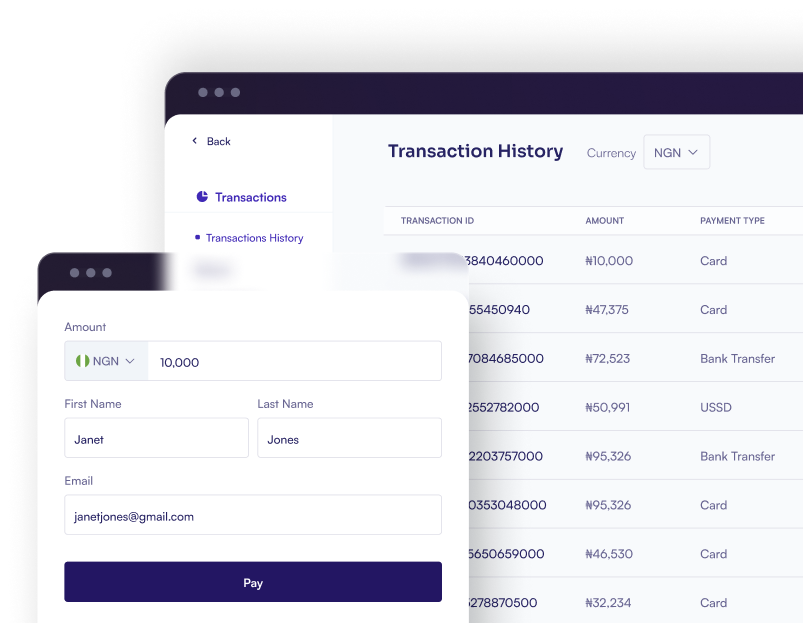
- 1. Time Your Expenses
- a) Make Necessary Purchases Before Year-End
- b) Keep Receipts for All Business-Related Expenses
- c) Plan Major Purchases Carefully
- 2. Employee Benefits
- a) Consider Allowances vs. Straight Salary
- b) Understand PAYE Requirements
- c) Document All Benefits Properly
- 3. Business Structure
- a) Choose the Right Business Structure and Understand the Tax Implications of Each
- b) Review Annually as You Grow
- Bonus Tip: Leverage Tax Deductions
- Conclusion

Running a business in Nigeria comes with its own set of challenges, not the least of which is navigating the complexities of tax obligations. However, with effective tax-saving strategies, business owners can ensure they are paying taxes correctly and not stacking up fines. Having funds that can be reinvested into your business operations sounds good right?
This short article outlines smart tax-saving strategies, focusing on timing expenses, employee benefits, and choosing the right business structure.
Let’s dive in.
1. Time Your Expenses
Properly managing your expenses can play a pivotal role in reducing your tax liabilities.
a) Make Necessary Purchases Before Year-End
As the financial year approaches its end, consider making necessary capital purchases. By acquiring essential equipment or services before December 31st, you may be able to deduct these expenses from your taxable income for the year. This strategy not only lowers your tax bill but also equips your business with the necessary tools for growth.
b) Keep Receipts for All Business-Related Expenses
Documentation is crucial for tax compliance. Endeavour to keep a meticulous record of all business-related expenses. Retaining receipts and invoices will substantiate your claims when it comes time to file taxes. This practice not only aids in accurate reporting but also protects you in the event of a tax audit by the Federal Inland Revenue Service (FIRS).
c) Plan Major Purchases Carefully
Strategically timing major purchases can help optimize tax savings. As a business, you should assess your cash flow and determine the best times to make significant investments. For instance, if you anticipate a profitable year, it may benefit you to delay large purchases until the next financial year when you can leverage higher income against those expenses.
2. Employee Benefits
Investing in your employees can yield significant tax benefits while enhancing workplace morale.
a) Consider Allowances vs. Straight Salary
As an entrepreneur running a business, you have the option to offer allowances instead of straight salaries. Allowances for transport, housing, and other necessities are often subject to different tax treatments that can be advantageous for both the employee and the employer. By structuring compensation packages with allowances, you may be able to reduce overall payroll taxes.
b) Understand PAYE Requirements
Understanding the Pay-As-You-Earn (PAYE) tax system in Nigeria is crucial. Compliance with these requirements ensures that you withhold the correct amount of tax from your employee’s salaries, thus avoiding penalties. Moreover, accurate PAYE management reflects well on your business and fosters employee trust.
c) Document All Benefits Properly
All employee benefits must be documented accurately. Be it allowances, bonuses, or any other perks, maintaining clear records of these benefits will not only aid in compliance but also help in calculating your overall tax liabilities. This diligence can lead to potential deductions that enhance financial efficiency.
3. Business Structure
The legal structure of your business has significant implications for your tax obligations.
a) Choose the Right Business Structure and Understand the Tax Implications of Each
Selecting the appropriate business structure—be it a sole proprietorship, partnership, or limited liability company (LLC)—can influence your tax responsibilities. Each structure has its tax implications that can either benefit or hinder your business financially. In Nigeria, an LLC, for instance, may offer more favorable tax treatment compared to a sole proprietorship.
As an entrepreneur, you need to understand the tax implications of different business structures. For instance, registered companies may benefit from lower corporate tax rates and access to certain incentives that sole proprietorships do not. Consulting with a tax professional can help clarify your situation’s best choice.
b) Review Annually as You Grow
As your business evolves, so too should your business structure. Regularly reviewing your structure in light of your growth can identify opportunities for tax savings. Annual reviews allow you to adjust your strategy according to changing tax laws and your business’s financial health.
Bonus Tip: Leverage Tax Deductions
You can reduce your tax bill by claiming these common expenses:
- Rent
- Utility bills
- Employee salaries
- Transportation costs
- Office Supplies
- Data and airtime bills
- Professional development courses
Conclusion
Effective tax-saving strategies are essential for business owners striving for growth and sustainability in Nigeria. Above all, it is important to be proactive in these areas.

